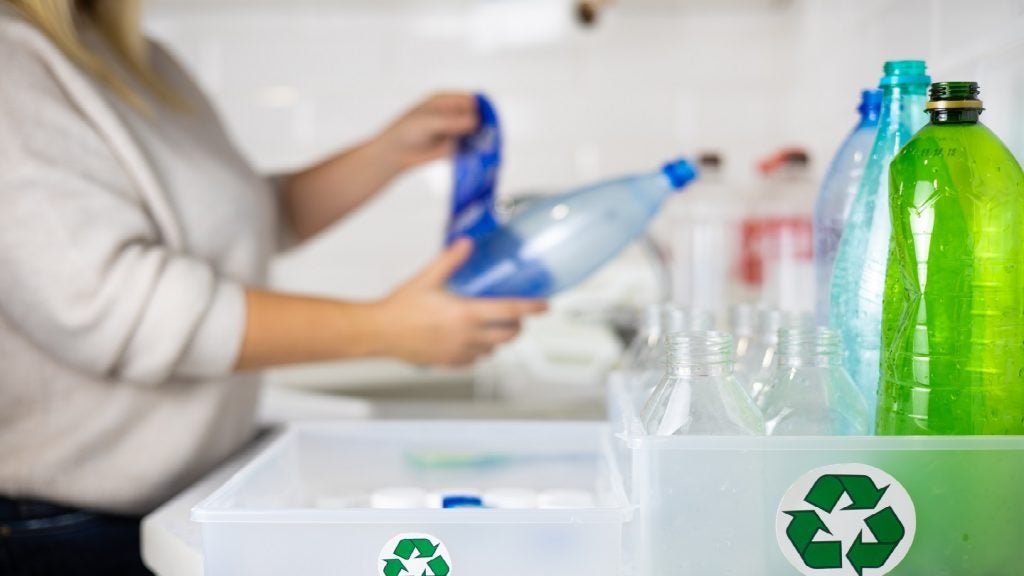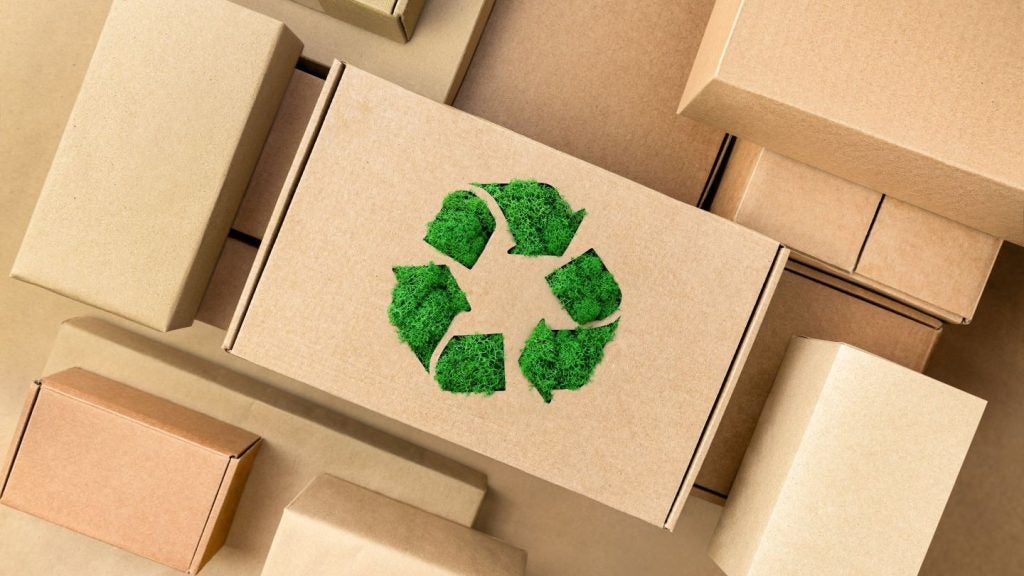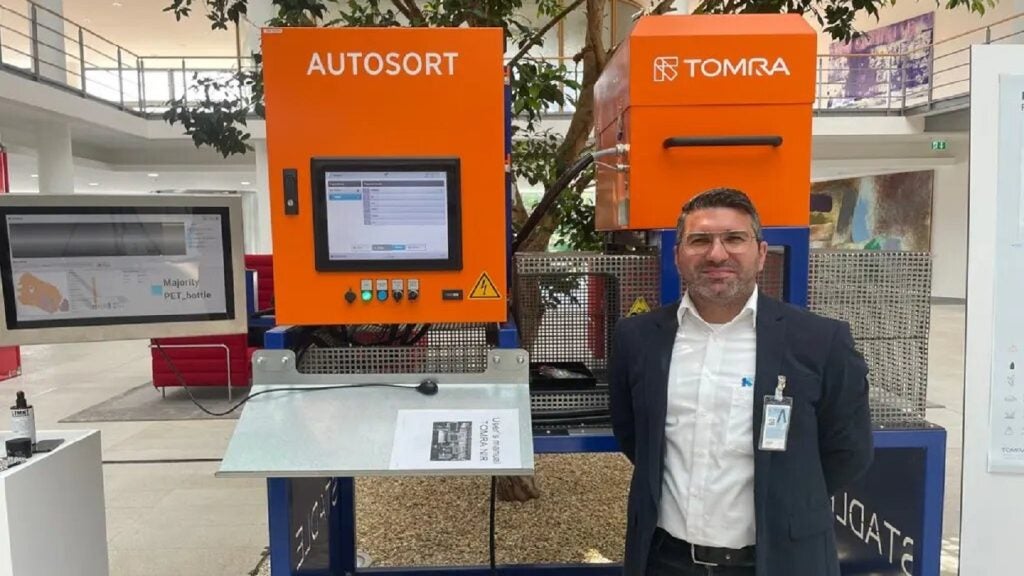The Circulate Initiative, a Singapore-headquartered non-profit organisation, has issued a call to action to the financial community, spotlighting a substantial investment gap in tackling plastics pollution.
This comes as new data indicates that an average of $32bn a year in private investment has been directed towards plastics circularity between 2018 and 2023.
This figure is starkly inadequate compared to the estimated one trillion dollars required to tackle plastic pollution.
The data is provided by Circulate Initiative in its third edition of the Plastics Circularity Investment Tracker.
The report, supported by the International Finance Corporation (IFC), analyses more than 5,500 transactions across 3,000 companies in 100 countries over a six-year period.
It reveals that 22 million tonnes of plastic waste entered the environment in 2019, a figure that could double by 2060.
With a total of $190bn invested in plastics circularity since 2018, the pace of investment is falling short of the target to reduce plastic leakage into the environment by 90% by 2040.
The report also highlights emerging markets which are disproportionately affected by plastic pollution, received a mere 6% of the total investments.
Most of the investments, 82%, are focused on downstream solutions such as recovery and recycling.
In contrast, only $8bn, or 4%, has been allocated to upstream solutions such has refill and reuse systems that aim to cut down on plastic consumption.
Circulate Initiative executive director Michael Sadowski said: "The Circulate Initiative is thrilled to launch the third edition of the Plastics Circularity Investment Tracker in cooperation with IFC.
"While the investment gap to tackle plastic pollution is significant, in showcasing examples of successful, innovative investment models, we hope to inspire more financial decision-makers to see the opportunity to join the global fight against plastic pollution.”
This call to action comes as the international community prepares for the final round of negotiations for a legally binding instrument on plastic pollution, including in the marine environment.
These negotiations, scheduled for November and December 2024, represent a pivotal moment to establish a long-term strategy for investment in plastics circularity.















